“Thus the heavens and the earth were finished and all their multitude. On the sixth day God finished the work that he had done, and he rested on the seventh day from all the work that he had done. So God blessed the seventh day and hallowed it, because on it God rested from all the work that he had done in creation.” Genesis 2:1-3 (NRSVue)
I love the creation narratives in our scripture. Genesis 1 serves as some of my main inspiration and motivation in life, considering all of the interrelated parts of our world. I am constantly out in nature, learning the names of the different members of creation and taking in the beauty. It’s an interest that really fulfills my whole self: physically as I walk or hike; intellectually as I identify each flower and tree; mentally as I get away from being overly plugged in to screens and media; spiritually as I appreciate myself as an interconnected part of it. The first creation narrative reminds me of the importance of each part of the cosmos– soil, sea, and sky, each creature great and small, all of the growing and blooming things and the foundations and elements from which they come– all of it throughout the cosmos was created, and I was made as part of it all, too.
Does anyone else forget the rest part, though?
It’s just over the border into the second chapter of Genesis: after all that creating, God rests. It’s easy to read that whole first creation story, reveling in the multitude. The part about resting is a quick couple of lines. After all of the careful description of domes, trees with fruit that have seeds in them, and all kinds of lights and swarms and things that fly and creep… after all of that, it was finished, and God rested. That’s it. No lengthy celebration of how epic that rest was. It just happened. Then, just a few paragraphs later, we’re reminded that we were created to get to work, tilling and keeping the world God made (Genesis 2:15).
In this season around Earth Day, we hear a lot of stories about good work happening to take care of the planet. As well we should! Many of our friends and neighbors in ministry and beyond are doing wonderful things to heal the earth. Invasive species removal and native plant installations, growing gardens, composting, trash pickups, utilizing renewable energy sources and more efficient fixtures and appliances– all of this is good, not just as visible and tangible ways of caring for creation, but also serving as reminders and inspiring others to keep up the good work, too.
There is plenty to do besides getting our hands dirty, too. Individuals, churches, and presbyteries continue to divest endowments and other financial holdings from fossil fuels. First Presbyterian Church in the City of New York will be celebrating this in worship this month, welcoming environmentalist and 350.org cofounder Bill McKibben to the pulpit with a moderated panel discussion after church. Our own denominational Office for Faith-Based Investing and Corporate Engagement continues the work of engaging with fossil fuel companies after the last General Assembly’s historic vote to divest from five companies whose environmental and social harms are particularly egregious. Fossil Free PC(USA), a working group of the Presbyterian Peace Fellowship, is discerning next steps in its advocacy and activism.
There are plenty of ways we can keep busy in serving and preserving creation. Even though individual actions will never begin to compare to the harms caused to the earth by major corporations and governments, it’s a reminder to ourselves and an example to others to live into our calling to be good stewards of our shared world.
But there it is again– keeping busy. I know keeping busy well. It’s been a season of busyness for me personally. I serve in camp and conference ministry, work that complements my interest in a more sustainable and healthy world. As Program Director, I foster retreats, camps, and conferences, and the leadership teams to guide them. We bring people together to explore knowing God, the world around them, and themselves better– to feel more connected in a place away from their everyday lives. While working to make space for sabbath for others, I admittedly lose sight of it myself at times.
It’s easy to get caught up in the work and forget about the rest.
Over the past few months, I’ve had the opportunity to visit several of my colleagues’ sites around the US and Canada. This is part of what’s been busy for me lately– as the world continues to open back up, there’s been a lot more opportunity to meet in person. It’s been a joy to see what they’re doing, and to take part in a variety of meetings in support of the work we get to do. And it’s a joy to visit with these particular colleagues in ministry, who are far flung. I don’t get to see these colleagues very often, much less the incredible places they steward.
The travel schedule has been rigorous, and it’s easy to get swept up in these meetings and conferences– camp directors are doing cool things all over! We have Presbyterian camp and conference centers serving as important places for leadership training, service learning, and other activities. They’re also doing wonderful stewardship work, focusing on dark sky site certification, a streambed restoration project, invasive species management, and sustainable forestry. Many of our sites have some kind of outdoor education program, whether it be preschool, after school, or class trips. Where I serve at Massanetta Springs, we’re in the process of installing a large pollinator habitat, planting dozens of varieties of native wildflowers and grasses to support a healthier ecosystem. It’s taken a lot of work to plan this project and prepare this space, but as I write this, I’m sitting next to a couple dozen pounds of seed for a variety of beautiful species, excited for the planting in the next few weeks.
It takes a lot of effort and capital to take care of these sites, and it’s once again easy to get swept up in the work and lose track of the rest. But these places were made for rest– mission statements and visions often include the words “place apart” because that is the intention. Camps and retreat centers were always made for rest, which comes in many forms: recreation, creativity, connection, contemplation, a break from the every day… and also just being still and appreciating the incredible beauty of God’s creation.
As I’ve visited all of these camps lately, I’ve had to slow down and remind myself of this. There is important work to be done, yes, but it’s hard to keep doing that work if we don’t just stop and enjoy all that is accomplished in that work. Even when in these spaces for work, it’s critical to find time to pause and take in the bigger picture of the creation we are part of.
Of course, it’s not just places as intentionally set aside for this as our camps and conference centers; the whole world was perhaps made for rest, too– from the very beginning. We have found all kinds of ways to disrupt this with development and measures to keep ourselves comfortably separate from nature. This Earth Day season, I’m taking as many moments as I can to just savor the glorious creation all around me, wherever I can find it. It’s certainly easier in a place like a retreat center, but it’s everywhere: the fresh air we breathe, the clean water we drink, and all kinds of creatures springing up and blooming all around us, despite the many ways we’ve obscured it from plain view. May we all find the time to just rest within creation, remembering that all of it, including us, were made for this.

Rev. Colleen Earp serves as the Program Director at Massanetta Springs in Harrisonburg, VA. She previously served on staff at Presbyterian camps in NJ, LA, and elsewhere in VA, as well as in a chaplain residency at University of Virginia Hospital. Colleen loves the outdoors, and is enjoying getting to know the forests, trails, wildflowers, and waterways of her new home in the Shenandoah Valley.

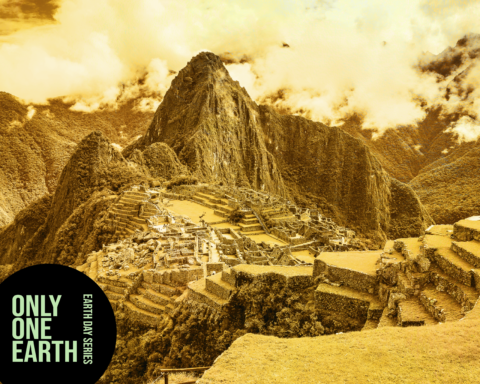
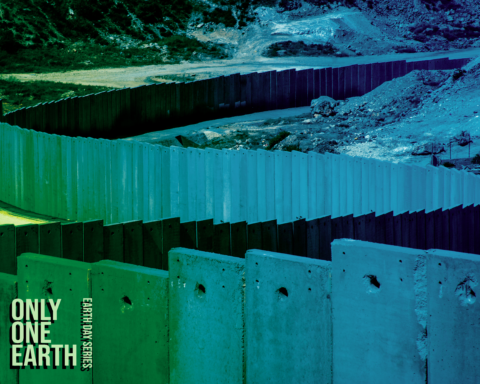
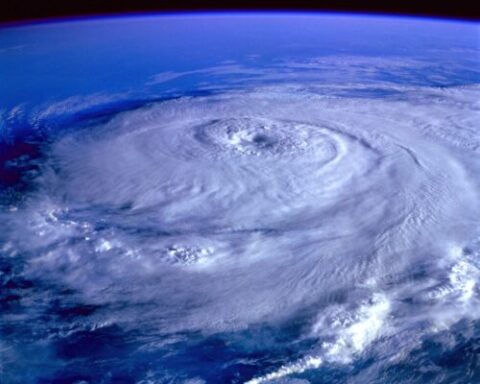
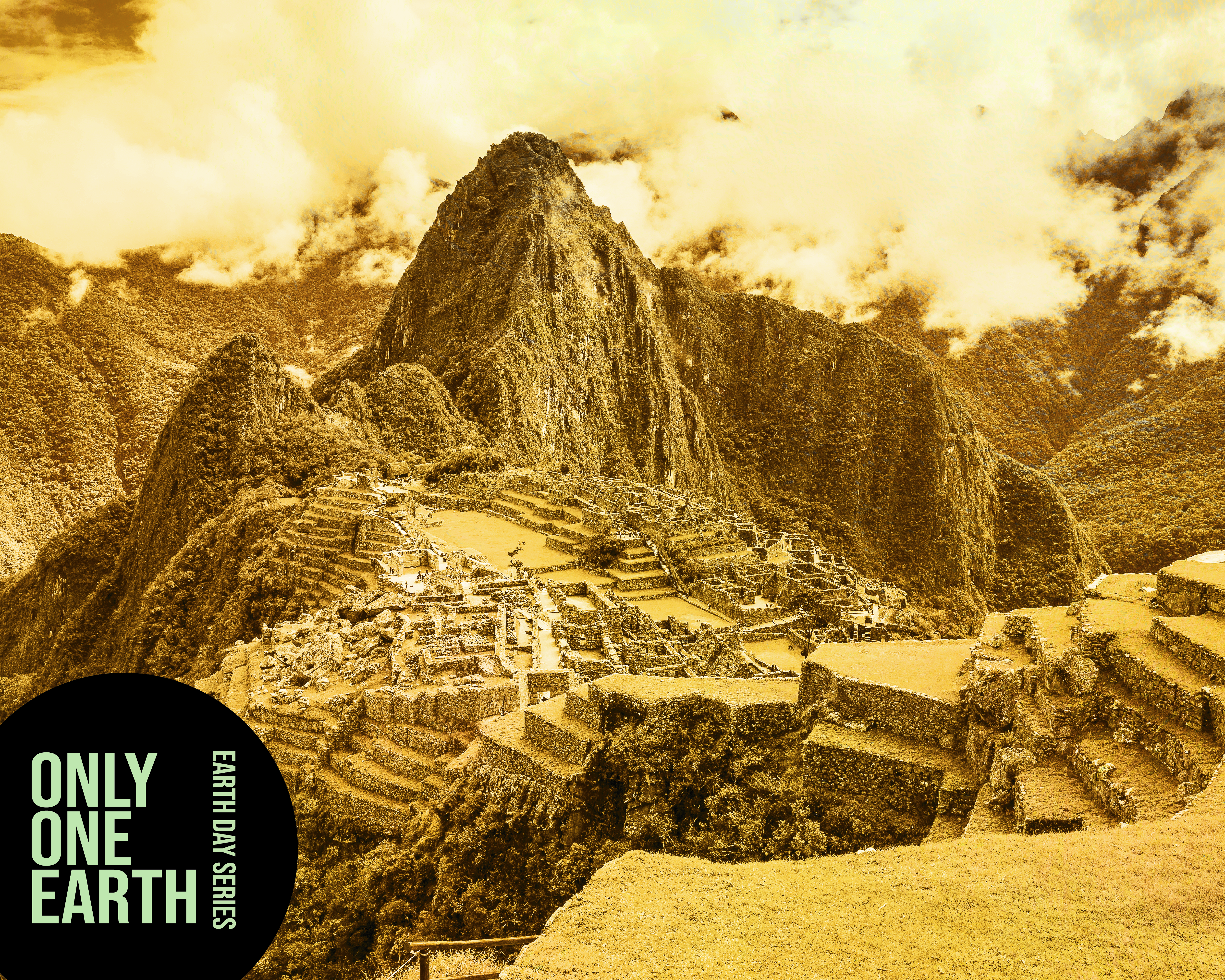
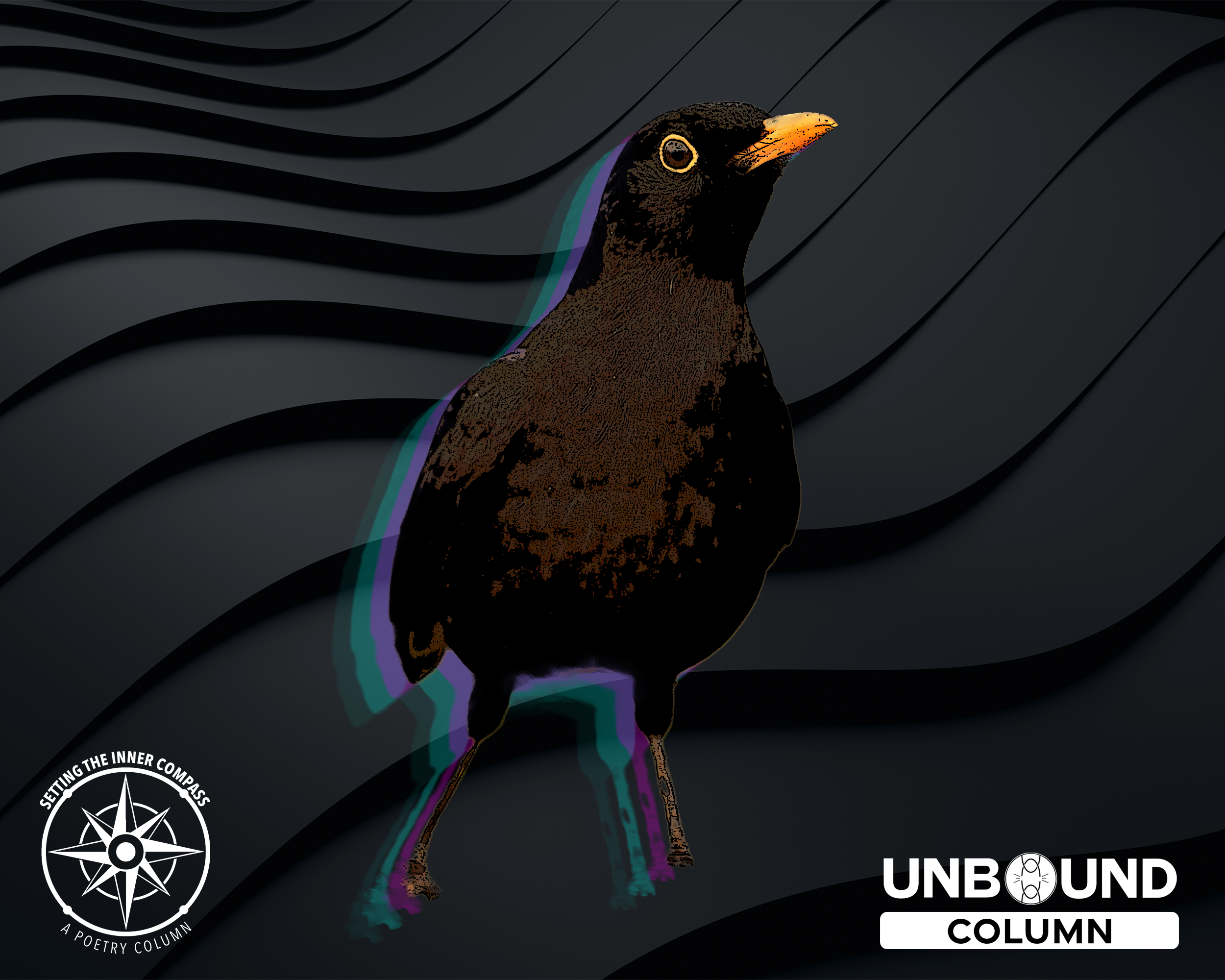
Unbound Social